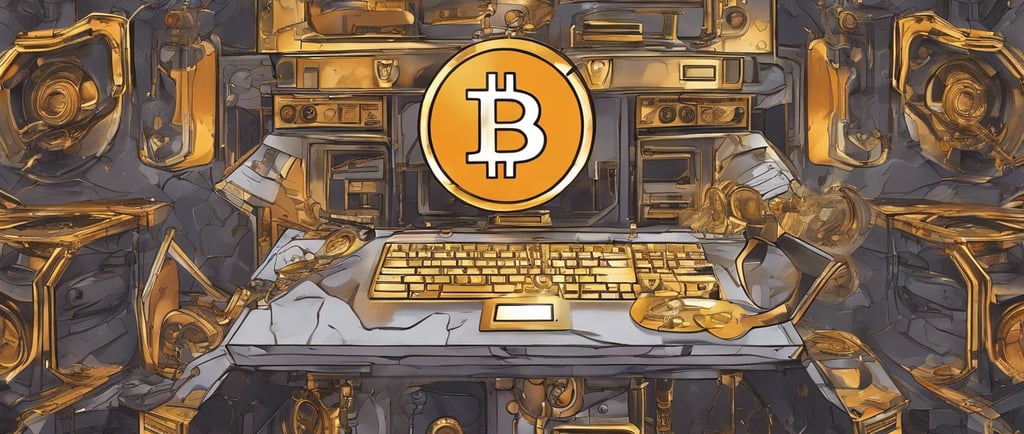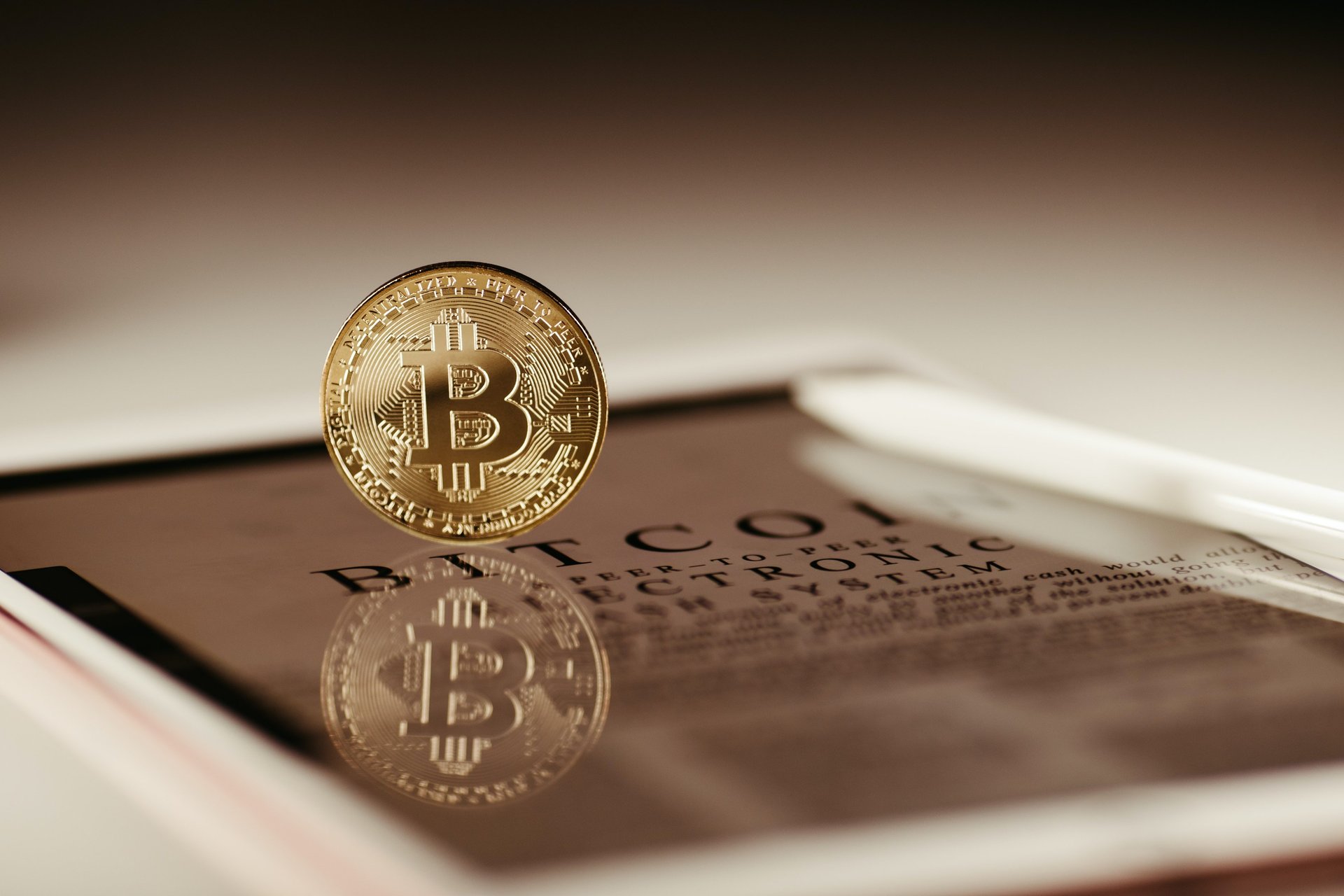Getting Started with Bitcoin: A Beginner's Guide
What is bitcoin? Bitcoin, the world's first decentralized digital currency, has gained significant popularity in recent years.
BITCOIN EDUCATION
Bithouse
2/10/20242 دقيقة قراءة


Bitcoin, the world's first decentralized digital currency, has gained significant popularity in recent years. As a new user, you may be wondering how to get started with Bitcoin without needing to understand the technical complexities behind it. Fortunately, getting started with Bitcoin is relatively straightforward, and this guide will walk you through the process.
Step 1: Install a Bitcoin Wallet
The first step in getting started with Bitcoin is to install a Bitcoin wallet on your computer or mobile phone. A Bitcoin wallet is a software application that allows you to send, receive, and store your Bitcoin securely. There are several types of wallets available, including desktop wallets, mobile wallets, and web-based wallets. Choose the one that best suits your needs and follow the instructions to install it.
Step 2: Generate Your First Bitcoin Address
Once you have installed a Bitcoin wallet, it will generate your first Bitcoin address. A Bitcoin address is a unique identifier that allows you to receive Bitcoin payments. Think of it as your digital equivalent of a bank account number. You can create additional addresses whenever you need them.
Step 3: Share Your Bitcoin Address
Now that you have your Bitcoin address, you can share it with your friends or anyone who wants to pay you in Bitcoin. Just like how you share your email address to receive emails, you can disclose your Bitcoin address to receive Bitcoin payments. Similarly, you can also use someone else's Bitcoin address to send them Bitcoin payments.
It's important to note that Bitcoin addresses should be used only once. This is for security and privacy reasons. Each time you receive a payment, it's recommended to generate a new Bitcoin address to enhance your anonymity and protect your funds.
Bitcoin transactions are recorded on a public ledger called the blockchain. While the transactions are public, the identities of the parties involved are not disclosed. This adds a layer of privacy to Bitcoin transactions.
As you become more familiar with Bitcoin, you can explore additional features such as buying Bitcoin from exchanges, storing Bitcoin in cold wallets for added security, and even participating in Bitcoin mining. However, these topics are beyond the scope of this beginner's guide.
Getting started with Bitcoin doesn't require in-depth technical knowledge. By following these simple steps, you can begin your journey into the world of Bitcoin and experience the benefits of a decentralized digital currency.
What is bitcoin?

"A lot of people automatically dismiss e-currency as a lost cause because of all the companies that failed since the 1990’s. I hope it’s obvious it was only the centrally controlled nature of those systems that doomed them. I think this is the first time we’re trying a decentralized, non-trust-based system."
Satoshi Nakamoto
Contacts
Email: Info@bithou.se
Terms and Conditions
Get in touch